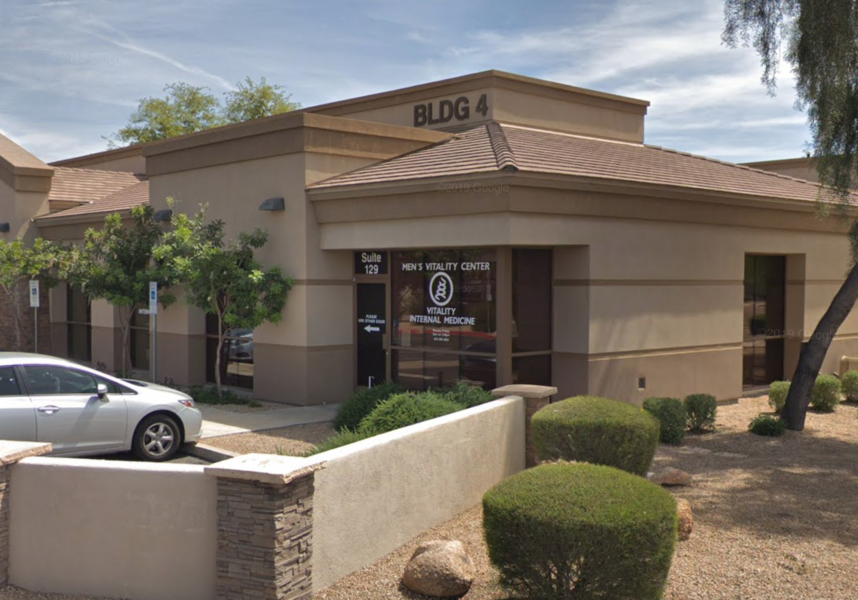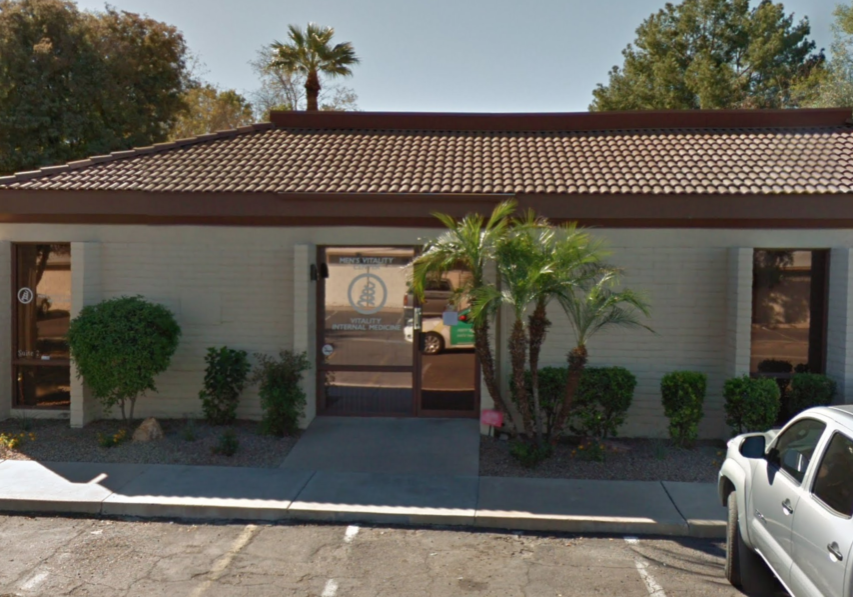As the coronavirus (COVID-19) pandemic spreads in Arizona, it is important to have an accurate understanding of what you can do to avoid unnecessary stress, confusion and panic. This is an unprecedented time in our lives and with that comes a lot of questions. This simple guide will help answer your common questions and concerns about living with the coronavirus pandemic in Arizona.
4 Things you can do to avoid catching the coronavirus
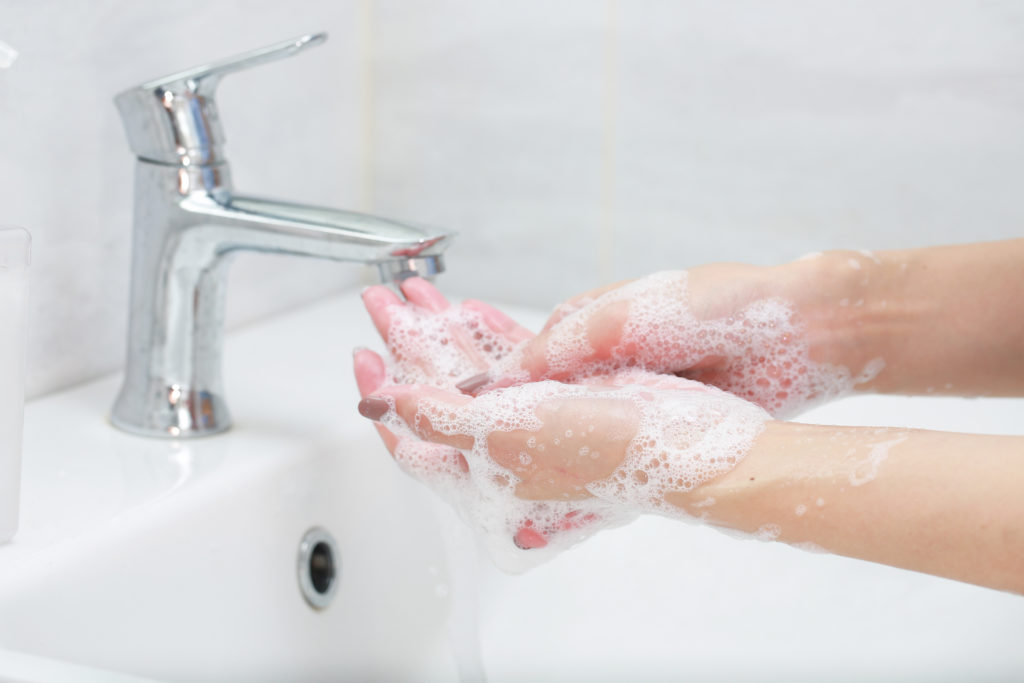
Across the country, extreme measures are being taken to stop the spread of the virus. With the coronavirus in Arizona, schools and businesses are closing to keep everyone at home and prevent person-to-person transmission.
#1 The most effective thing you can do is wash your hands WITH SOAP – Wash them often and for at least 20 seconds (sing the “Happy Birthday” song twice). Don’t forget to scrub in between your fingers and the back of your hands too. Washing your hands with soap and water is much more effective at removing the virus than using hand sanitizer. Yet, hand sanitizer is recommended when washing your hands is not possible.
#2 Refrain from touching your eyes, nose, mouth and open wounds – These are possible entry points for the virus. If you touch a contaminated surface but do not touch these entryways, then chances are you will not get infected.
#3 Practice social distancing – At this time, refrain from being around others that may unknowingly be carrying the virus. Stay home as much as possible. When you have to go out, try to avoid standing too close to others. Try to schedule trips to the grocery store at off-peak hours, so there are not as many people around.
#4 Wear gloves and a face cover when out (if you have access to them) – While a face mask or covering cannot prevent you from inhaling airborne viral particles, it will help to prevent you from touching your own nose or mouth (see the above tip). Gloves will prevent you from touching surfaces that may have the virus on them, like grocery store shelves, cash registers, the gas pump, etc.
How do you know if you have the coronavirus?

We are finding that coronavirus symptoms can range from mild cold or flu symptoms to extreme respiratory distress. Based on previous strains of similar viruses, the telling symptoms include:
- Fever
- Dry Cough
- Fatigue
- Chest tightness/pain
- Difficulty breathing
If you have any of these symptoms, you may have the coronavirus. Symptoms can begin anywhere between 2-14 days after infection. The only way to know that you do have COVID-19 and not just a cold or flu is to get tested.
What should you do if you are sick?
Your plan of action will differ depending on your symptoms.
- If you are experiencing any symptoms of illness, regardless if they match the symptoms associated with the coronavirus, it is important that you stay home and minimize contact with others.
- If you are experiencing symptoms that include fever, cough, fatigue, and chest tightness but are able to manage them at home, it is not necessary to see a doctor. It is much safer for you and the community if you stay home and quarantine yourself for 14 days. You can treat symptoms with over-the-counter medications such as acetaminophen (Tylenol) and Mucinex, and stay hydrated. If you live with roommates or family members, avoid contact to prevent passing it on to them.
- If you are experiencing severe symptoms such as a fever that is at or above 104° F which is not responding to fever-reducing medicines and/or difficulty breathing, first call your local Emergency Room (ER). Tell them about your symptoms and that you may need to be seen for treatment. They will instruct you on what to do next.
The importance of social distance and self-isolation for coronavirus

Federal and local governments are stressing that the public should stay home and avoid large gatherings. Across the globe and here in Arizona, schools, restaurants, and businesses are closing to encourage social distancing. This is extremely important for 2 reasons:
- It will slow the spread of the virus and prevent hospitals from becoming overwhelmed. This will allow them to have the staff and resources available to effectively treat COVID-19 patients and non-COVID-19 patients alike.
- It will slow the infection rate, giving infected people time to recover. Once someone has recovered from the virus, they can no longer get sick or pass it on to someone else. As people recover and the infection rate slows, fewer non-exposed people will come in contact with an infected person allowing for normal social interactions to resume. Here is an excellent simulation that shows why extreme social distancing is so effective in a viral pandemic.
How to prepare for self-isolation?
It is important to understand that while you should prepare to stay home as much as possible in the next few weeks, there is no need to panic. The scarcity of toilet paper, hand sanitizer, and Clorox wipes does not reflect a shortage of those supplies, just a very unexpected high demand. Arizona grocers are trying to keep up with demand by hiring more staff and changing their hours of operation to properly clean and restock shelves. While it is unsettling to see empty shelves, try not to panic.
If you are not in need of food or supplies, we encourage you to avoid the stores at this point. Once the initial wave of “panic-buyers” is done, the stores will restock their shelves and you will be able to find what you need. It is also better to avoid the crowds in hopes of not spreading the virus as you do your shopping and wait in checkout lines.
When you are ready to head to the store, here are our recommendations for supplies to pick up as you prepare to self-isolate over the next couple of weeks. But remember, don’t hoard! There is enough for everyone. Pick your favorites and buy enough to last you 14 days.
- Soap! (Your #1 defense against getting sick)
- Dry goods (pasta, beans, rice, cereals)
- Canned or jarred goods (soups, pasta sauce, fruits or vegetables)
- Fresh foods (vegetables, fruits, milk, proteins)
- Snacks
- Baby supplies (diapers, wipes, formula, baby food)
- Pet supplies (dog food, cat food, cat litter)
- Medicines (Tylenol, Mucinex)
- Beverages (water, coffee, tea, sodas, juices)
- Cleaning supplies and personal care products (shampoo/conditioner, countertop cleaners, laundry detergent, dish detergent, paper towels and, of course, toilet paper)
- Personal protective equipment (if you can find it – gloves, masks, hand sanitizer)
Lastly, make sure your WIFI, Netflix (or the streaming service you prefer), phone and computer are all working properly. These will be the outlet that allows you to continue working, socializing and entertaining yourself over the next couple of weeks.
Things to do during self-isolation
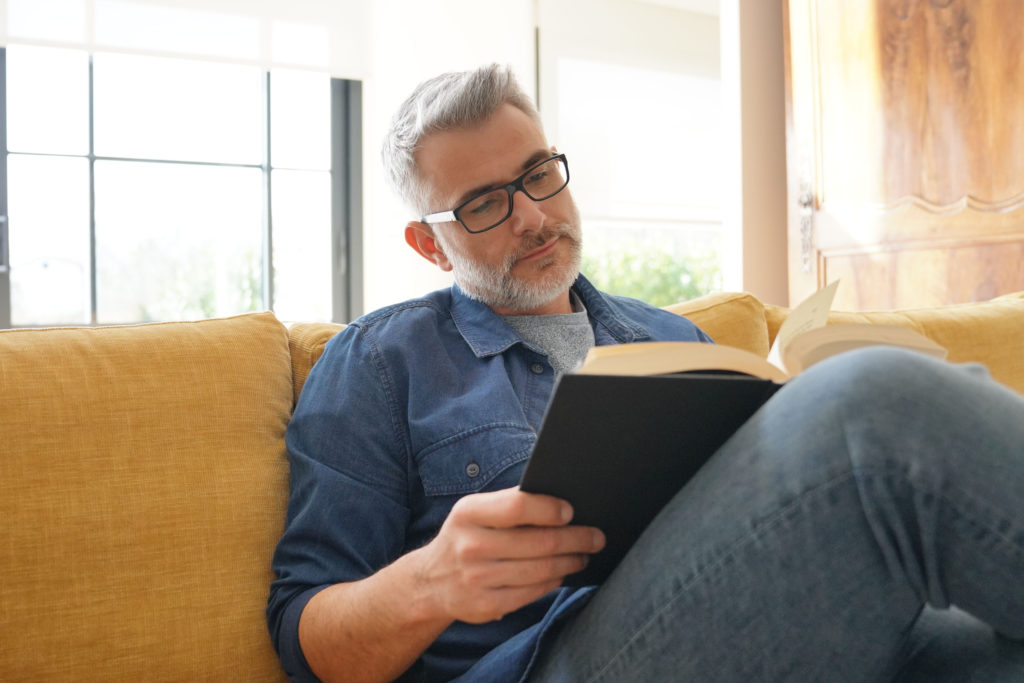
Now the coronavirus is in Arizona and all of your social plans have been canceled and you are working from home, you may have some extra time on your hands. Here are some ideas of what you can do while self-isolating, aside from watching Netflix all day:
- Organize your pantry, closets or garage
- Give your home a deep clean
- Start that home workout program you have been meaning to do
- Find unwanted items to sell on eBay, OfferUp, Craigslist or Swip Swap
- Catch up on your reading
- Learn something new (a language, cooking skill, or take a free online course)
- Start a blog or other online business
How to help others during social distancing?
If you are not in the “at-risk” population, consider supporting those that are. There is a large group of people who will be extremely restricted due to being over the age of 60, immunocompromised, having their income significantly impacted or who rely heavily on school or social programs that are now shut down. We can help make this difficult time a little easier for them by doing any of the following.
- Call or text elderly neighbors to ask if they need anything from the store. If you can run errands for them, it prevents them from having to make the trip out and risk exposure to the virus. Check apps like Nextdoor to see if any of your neighbors need help or offer to run errands.
- Write letters, cards or have kids draw pictures and mail them to nursing homes. They are facing a very isolating time as family members and friends cannot visit. Google a local nursing home’s address and send them some mail that will brighten their day.
- Support local businesses by purchasing gift cards or ordering carryout. Local businesses in the hospitality industry are facing some extremely difficult times as they have to close their doors or restrict service. Let’s support each other by supporting local!
- Donate to reputable funds that are dedicated to helping those impacted financially by the coronavirus pandemic. The Arizona Community Foundation is a great example of a charity that you can donate to and know that 100% of the proceeds will reach people that need it.
How to protect your mental health during the coronavirus pandemic
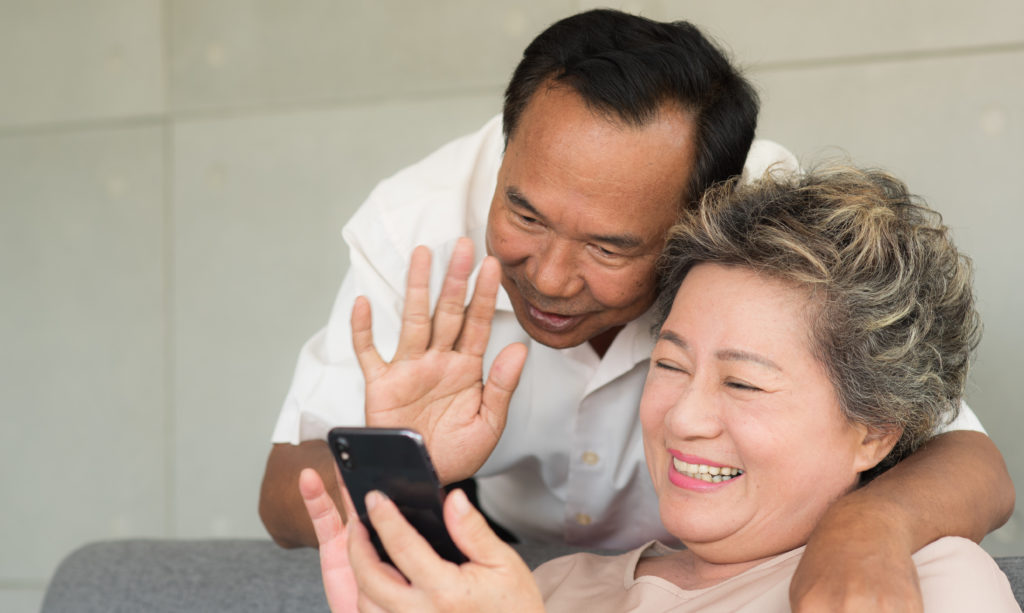
This is understandably a very stressful time for many people. It is unlike anything we have ever experienced. There are many uncertainties and that can cause a lot of stress, anxiety, and depression. Here are some tips on how to cope:
- Sit down and outline a 2-week plan. Start with identifying your housing, food and utility situation. With those identified and in good standing you will likely be okay during this time. That alone should relieve a lot of stress. Next, outline what you will be doing for work. With coronavirus in Arizona, will you be shifting to working from home, changing schedules or looking for alternative opportunities during this time? Then, identify what you will be doing when you are home for the next two weeks. Refer to the “What to do when self-isolating?” section and schedule some activities to keep you busy. This plan will allow you to identify if you need to seek assistance well ahead of time. If so, you can start exploring your options. A well-organized plan will give you some sense of control during this uncertain time.
- Take a break from the news and social media. Constantly hearing about the coronavirus pandemic can be unnecessarily overwhelming. Take a break and don’t overload yourself with information.
- Communicate your concerns with trusted friends and family members. Being able to talk about your feelings can help relieve stress and anxiety.
- Maintain social connections while social distancing. Facetime, text, email, chat, Google Hangout and connect with others via social media. Just because you can’t be in the same room with others does not mean you can’t maintain your line of communication. Your elderly or immunocompromised family members will probably appreciate hearing from you anyways.
- Take self-care measures that help relieve stress and anxiety. Meditate, do yoga, exercise, take walks, journal, take bubble baths or drink a relaxing cup of herbal tea.
- Contact your doctor if you feel that symptoms of anxiety, stress or depression are becoming particularly overwhelming.
Most importantly, if you are being treated for preexisting mental health conditions, it is very important that you continue being treated and stay in contact with your healthcare providers. Stressful times may worsen symptoms, so it is important to continue treatment and communication during this time.
Contact your doctor if you think you have been exposed to the coronavirus
As the coronavirus in Arizona continues to alter our lives, remember that your doctor and medical staff are there to support you if you need it. From the management of adult internal medicine to mental health support, Dr. Evans and his medical team at Men's Vitality Center provide a range of services to support your medical concerns. Call (480) 830-1553 to make an appointment at one of our 6 valley locations.
Schedule Your Appointment
Fill out an appointment request to have one of our team members reach out to you or CALL(480) 534-5846 to set up your appointment today.
Find a Men's Vitality Center Near You
We pride ourselves on being a comprehensive Internal Medicine practice that specializes in Male Testosterone Replacement Therapy (TRT), Women's Hormone Replacement Therapy (HRT), Adult Internal Medicine and Opiate Addiction Treament near you.
3 Locations Valley-Wide to Best Serve You. Select a Clinic Below for Location Details & Google Reviews









